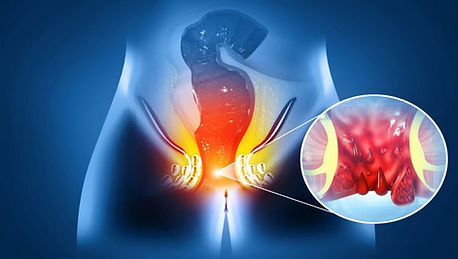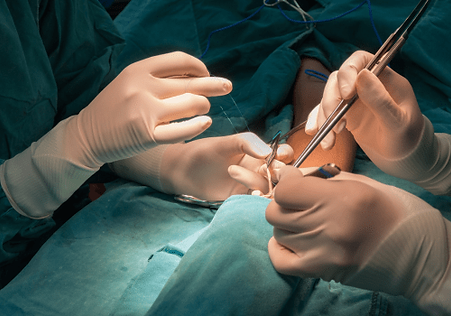Fistula Treatment in Bangalore
Fistula
Fistula or anal fistula is a medical term for an infected tunnel that develops inside the anus (between the skin and the opening to get rid of solid waste).


What causes an anal fistula?
Most of the anal fistulas that develop are the result caused due to an infection in an anal gland. The infection is a collection of pus (abscess) near the skin.
People with anal fistula will experience symptoms such as discomfort, pain, and irritation around the skin.
Crohn’s disease, Diverticulitis, Hidradenitis Suppurativa, and infection due to tuberculosis (TB) or HIV are some of the other less known causes of anal fistula.
Signs and Symptoms
Symptoms associated with anal fistula are Pain, Bleeding, Swelling and Redness around the affected area. People might also notice Painful Bowel Movements, Fever due to abscess, and smelly discharge while near the anus.
It’s better to consult with your doctor and take the appropriate treatment.

Anal Fistula Diagnose

If you are encountering any of the symptoms, consulting with an experienced doctor is always the right way of getting the best treatment. You may also experience the symptoms of other diseases.
Discuss with your doctor about your medical history (if any) and medications if you are currently taking. The anal fistula is usually diagnosed by physical examination, CT scan, and X-rays, are required. You may also have to undergo other tests like colonoscopy, barium enema, sigmoidoscope, or upper endoscopy.
Anal Fistula Treatment
The surgery method is usually needed to treat anal fistula as they rarely heal on their own.
Treatment option for anal fistula depends upon varied benefits and risks. Your doctor will determine the best treatment after the physical examination.
Fistulotomy – The procedure involves cutting open the skin and the muscle surrounding the tunnel. It is performed when the fistula is not close to the anus.
Seton – The procedure is performed for complicated fistula where the piece of surgical thread (seton) is placed in the fistula for about six weeks or more. It helps in draining out the fluid and heal before a further procedure is conducted.

Potential Complications
Like any other surgery, anal fistula has certain complications such as bleeding and infection. Despite surgery, the recurrence of the fistula is also one of the possible complications. The surgery also has a risk of incontinence.
Hence, getting consulted with the experienced doctor will help in determining the best treatment option with better results.






